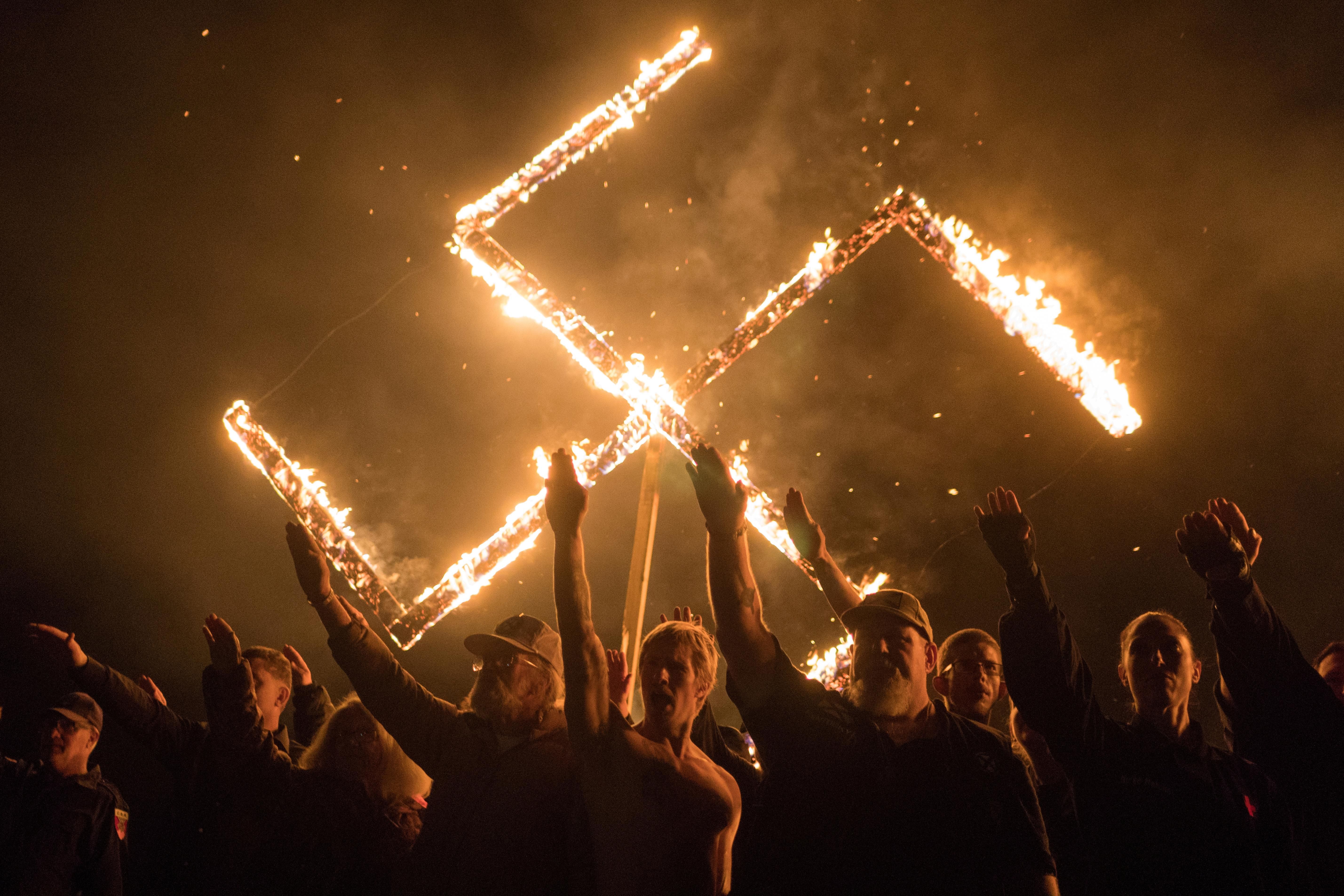Exclusive GZERO/Maru Poll: With hate speech rising, Americans want a crackdown on social media
The recent, unhinged anti-Jewish rants by musician and designer Kanye West are only the most prominent example of a wider phenomenon: antisemitism is rising in the United States.
Last year, attacks nationwide targeting Jewish people, property, or institutions rose by 35% to more than 2,100, according to the Anti-Defamation League. That’s the highest level since the ADL began tracking antisemitism more than 40 years ago.
This tracks a broader trend: Across 15 major US cities, hate crimes – that is, acts of violence that target a specific community – rose more than 20% last year, according to the Center for the Study of Hate and Extremism. That was true for attacks on Blacks, LGBT, Latinos, Asians, and Whites.
Those are the facts, but how do Americans perceive things? Do they feel that hate is rising? And if so, what should be done about it? As part of GZERO’s new polling partnership with Maru Public Opinion, we asked them.
In a new nationwide GZERO/Maru survey of 1,500 Americans, conducted between 9-11 December, 69% of respondents said antisemitism was on the rise.
But it’s not coming from “us”, they say. Curiously, with all that hate floating around, most of those polled seem to think it’s coming from somewhere else. Only 42% of Americans say hate speech is present within their own communities.
So where does the hate come from? Majorities surpassing 70% say hate speech in general is rising on social media platforms like Twitter and Facebook, on mainstream media talk shows, among celebrities, and even within America’s political parties.
Police the platforms? As a result, the survey showed considerable support (57%) for the idea that the government should use its regulatory power to force social media platforms to “put a stop” to hate speech appearing on their platforms.
“Free speech may be a much-lauded value,” says John Wright, executive vice president at Maru, “but it’s clear a majority of Americans draw a line that’s been crossed.”
Depending on your perspective, more government regulation is either a welcome intervention to tamp down the flames of hate, or it’s a chilling overreach by the state, raising thorny questions about the boundaries of free speech.
What do you think? Are antisemitism and other hate crimes rising where you live? What do you think is fueling the trend, and what should be done about it?
Let us know here. Include your name and location with your answer and we may publish it in an upcoming Signal.